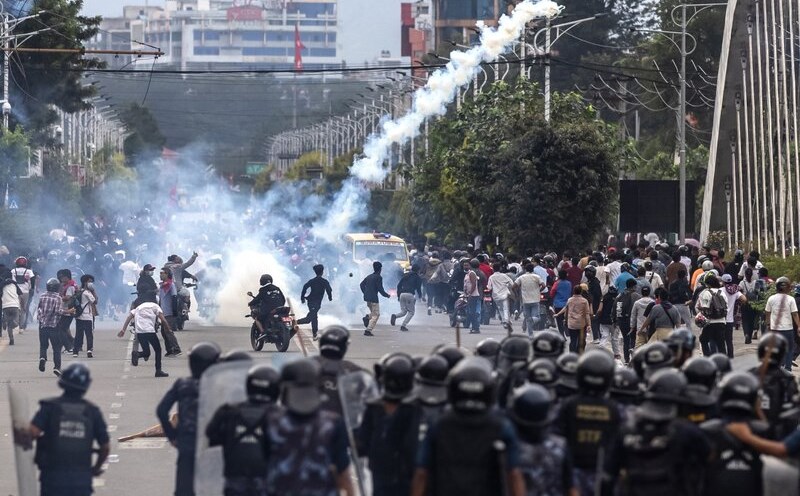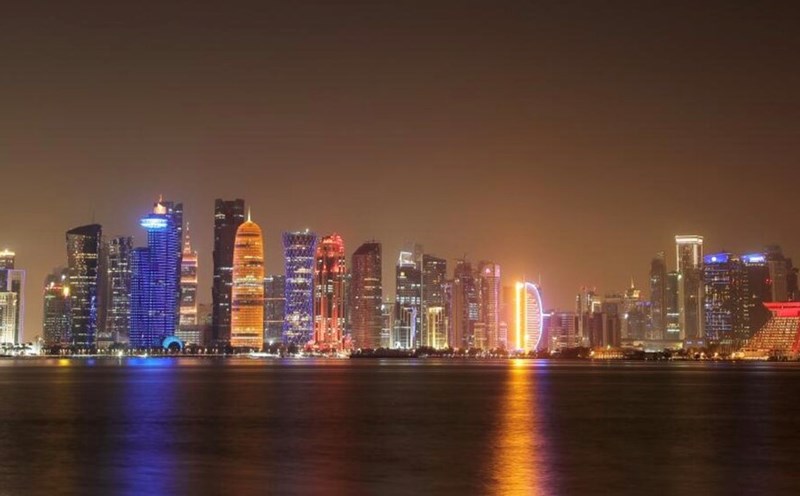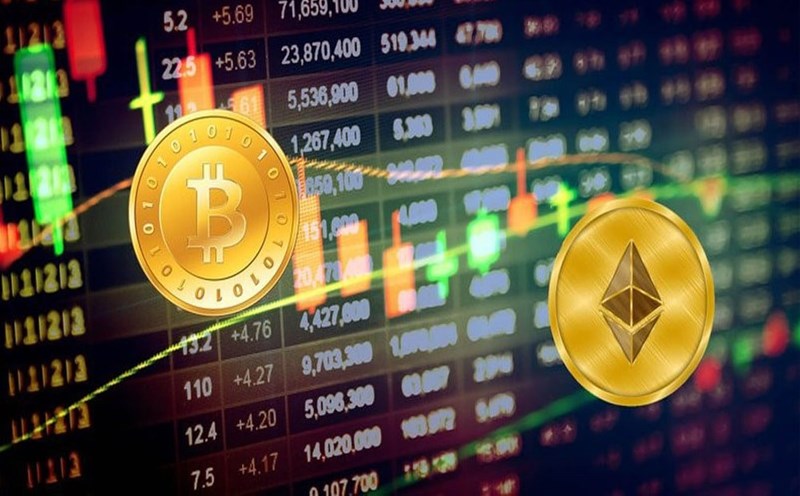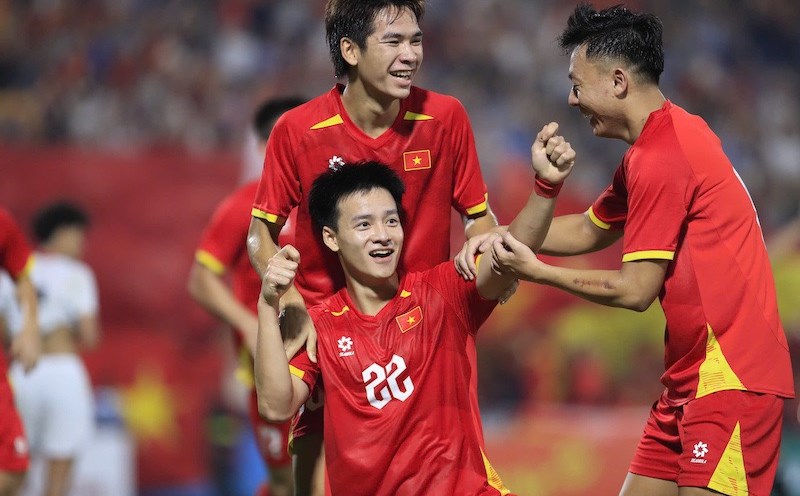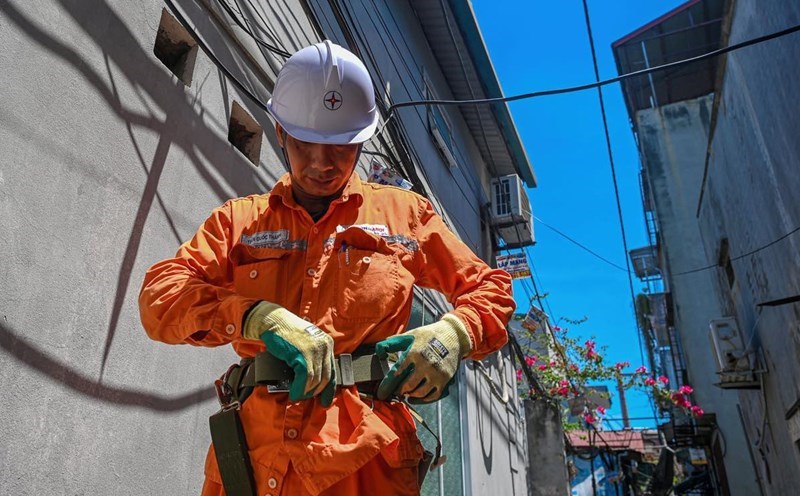"The prime minister has resigned," said Mr. Prakash Silwal, assistant to Mr. Oli.
Before deciding to resign, Oli had called a meeting of all political parties, saying that violence is not for the benefit of the nation and "we must use peaceful dialogue to find solutions to all problems".
Mr Oli's move comes just one day after 19 people were killed and more than 100 others were injured in the violent protests that broke out due to a ban on social media.
On September 8, the clash between the people and the police force was said to have been very tense, when the police not only fired pepper but also rubber bullets at the demonstrators trying to storm into the parliament building.
Although Mr. Oli resigned and the social media ban was lifted, public outrage showed no signs of abating. protests continue to gather in front of the parliament building and other places in the capital Kathmandu, despite the indefinite curfew imposed by the government.

protests have burned tires on several streets, threw rocks at anti-riot police and chased them through narrow alleys, while others stood watching and filming clashes as thick black smoke rose into the sky.
Hundreds of people from some towns near the India-Nepal border began marching towards Kathmandu to support the demonstrators.
This unrest is the worst in decades in the poor Himalayan country between India and China, which has struggled with political and economic unrest since protests led to the lifting of the monarchy in 2008.

